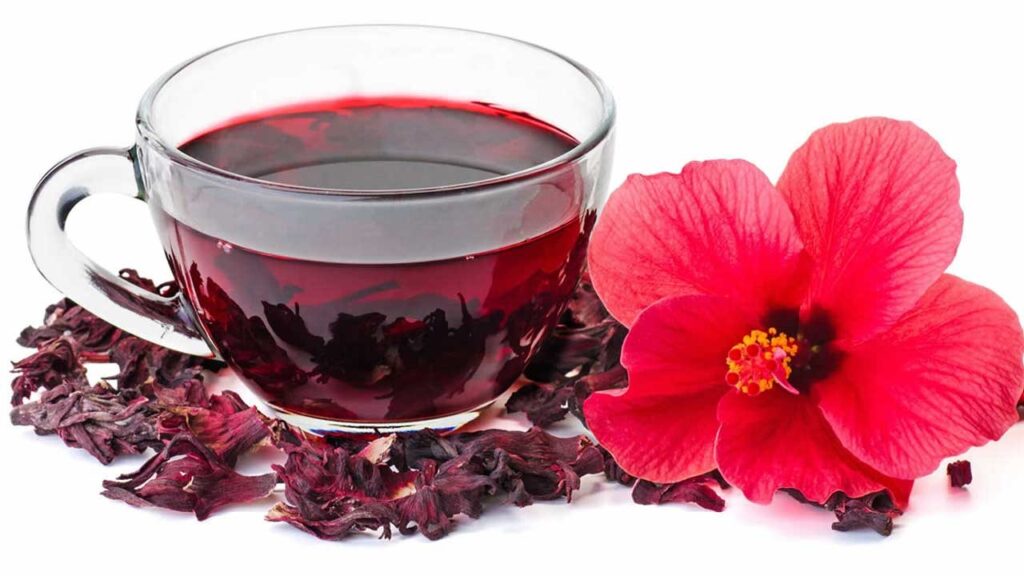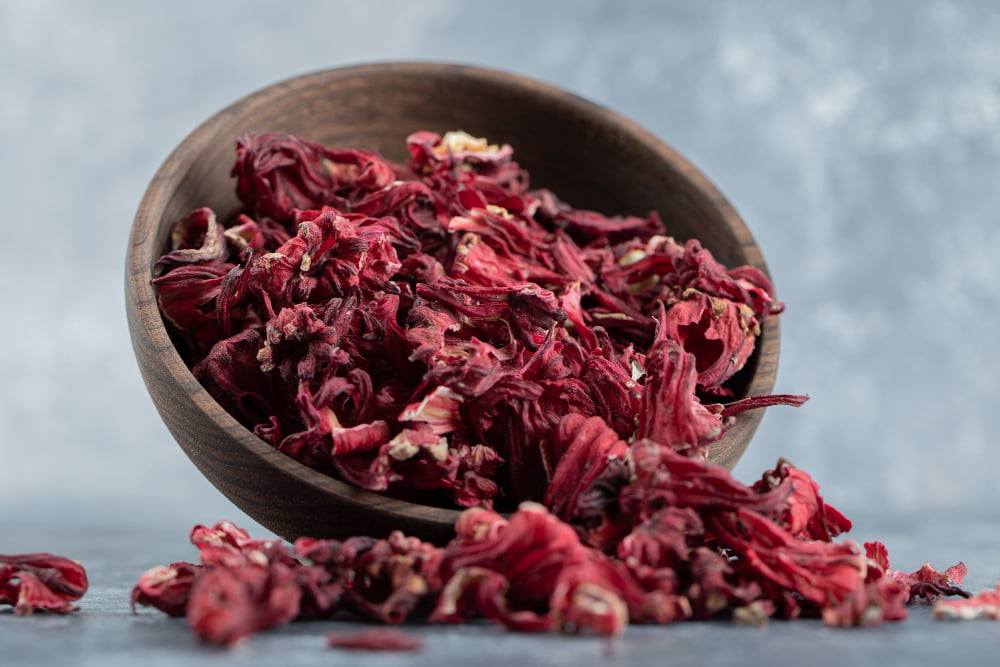Nigeria, with its rich agricultural landscape, boasts a diverse array of agro commodities, and among them, dried hibiscus flowers stand out as a vibrant and economically significant product. Known locally as “Zobo,” dried hibiscus flowers have carved a niche in both domestic and international markets, contributing to Nigeria’s agricultural prowess. This article explores the cultivation, processing, economic impact, and cultural significance of dried hibiscus flowers in Nigeria.
Cultivation of Hibiscus in Nigeria:
Hibiscus sabdariffa, the plant from which dried hibiscus flowers are derived, is well-suited to Nigeria’s tropical climate. The cultivation of hibiscus is prevalent across various regions of the country, with states like Kano, Jigawa, Katsina, and Zamfara being major contributors. The plant is known for its hardiness, adaptability, and minimal water requirements, making it an ideal crop for Nigerian farmers.
Farmers often cultivate hibiscus as part of their crop rotation strategy, benefitting from its ability to improve soil fertility. The cultivation process involves planting hibiscus seeds in well-drained soil, providing adequate sunlight, and managing irrigation carefully. Hibiscus plants typically mature within six months, after which they are ready for harvest.
Harvesting and Processing:
The harvest season for hibiscus flowers in Nigeria typically occurs from October to March. Farmers carefully pluck the vibrant, red calyces, which are the sepals of the flower, leaving the seeds for the next planting season. The harvested calyces undergo a thorough cleaning process to remove impurities such as dirt and other plant debris.
Once cleaned, the hibiscus calyces are laid out to dry in the sun. Traditional sun-drying methods are widely used, taking advantage of Nigeria’s abundant sunlight. However, some modern facilities employ mechanical dryers to speed up the process and ensure uniform drying.
Economic Impact:
The dried hibiscus flower industry has a substantial economic impact on Nigeria, providing income to numerous farmers and creating job opportunities along the value chain. The demand for dried hibiscus flowers has surged both domestically and internationally, leading to increased export opportunities.
Nigeria has become a major exporter of dried hibiscus flowers, with countries like the United States, Germany, and Mexico being key importers. The revenue generated from hibiscus exports has contributed significantly to the country’s foreign exchange earnings, helping to balance trade deficits.
In addition to the economic benefits, the cultivation of hibiscus has played a role in poverty alleviation, especially in rural areas where farming is a primary source of livelihood. Smallholder farmers, in particular, have seen improvements in their standard of living due to the steady demand for hibiscus.
Cultural Significance and Culinary Uses:
Dried hibiscus flowers hold cultural significance in Nigeria, featuring prominently in traditional ceremonies and festivities. The vibrant red color of the hibiscus calyces symbolizes vitality and celebration, making it a popular choice for events like weddings and festivals.
One of the most popular culinary uses of dried hibiscus flowers in Nigeria is the preparation of the traditional drink known as Zobo. Zobo is a refreshing beverage made by boiling dried hibiscus calyces with water and adding flavors such as ginger, cloves, and pineapple. This drink is not only a favorite during festive seasons but is also consumed year-round, contributing to the steady demand for dried hibiscus flowers.
Health Benefits and Nutritional Value:

Beyond its cultural and economic importance, dried hibiscus flowers are valued for their health benefits and nutritional content. The flowers are rich in antioxidants, particularly anthocyanins, which contribute to their vibrant color and have been linked to various health benefits, including anti-inflammatory properties and cardiovascular health.
Zobo, the hibiscus drink, is not only a delicious beverage but also a source of vitamins and minerals. It is known for its potential to help regulate blood pressure, boost the immune system, and aid digestion. As awareness of the health benefits of hibiscus grows, its popularity as a healthful beverage continues to rise.
Challenges and Future Prospects:
While the dried hibiscus flower industry has seen remarkable growth, it is not without challenges. Issues such as inconsistent quality standards, limited processing facilities, and fluctuations in global market prices pose challenges to both farmers and exporters. Addressing these challenges requires collaborative efforts from the government, farmers, and industry stakeholders.
Looking ahead, the future prospects for the dried hibiscus flower industry in Nigeria remain promising. With increasing global interest in herbal and natural products, hibiscus is well-positioned to meet consumer demand. Investments in research and development, infrastructure, and quality control measures can further enhance the competitiveness of Nigerian hibiscus in the international market.
Conclusion:
In conclusion, the story of dried hibiscus flowers in Nigerian agriculture is one of resilience, economic significance, cultural richness, and healthful benefits. As a versatile crop that thrives in the country’s climate, hibiscus has become a symbol of agricultural prosperity, providing livelihoods to farmers and contributing to Nigeria’s export earnings. The journey of dried hibiscus flowers from cultivation to processing and consumption reflects the dynamic nature of Nigeria’s agricultural landscape, highlighting the symbiotic relationship between tradition, commerce, and health.
Ajigofarms is a reliable global agricultural purchase sourcing with profound expertise in the manufacturing, and exportation of food crops. We are tested, and trusted suppliers of all kinds of cash crops and food crops. Our constant supply chain solution makes exporting easy, quick, and safe, we are identified with timeliness and meeting up with deadlines. Regardless of the region you are located in worldwide, you can reliably order your Agric products and be rest assured of successful delivery.




